Building Wealth through Organic Franchise Relevance in the African-American Community
With the rise of suburbia and fast-food chains, Black leaders viewed Franchising as a way to create economic empowerment and social justice for their communities. Throughout history, many Black entrepreneurs have paved the way for others by establishing successful business models.
One such pioneer is George Johnson, who founded Johnson Products, a company specializing in hair care products. Johnson Products became the first Black-owned business listed on the American Stock Exchange, proving that Black-owned companies could succeed in the United States.
Furthermore, Johnson also created the Ebony Fashion Fair, a traveling fashion show showcasing Black beauty and culture across the country. This event provided Black models and designers a platform to showcase their talents and gain significant recognition. This is similar to the success of our Franchise Expo's. The Ebony Fashion Fair was a significant cultural phenomenon that brought together Black communities and helped break down barriers in the fashion industry. This collective was important in the speaking to lives and culture of African-Americans. Johnson's contributions to Black entrepreneurship and culture have had a lasting impact.
Roland Jones was another trailblazing figure in the history of McDonald's. He was the first African American Field Consultant with the company. This position allowed him to work closely with Herman Petty, the first African American to own a McDonald's franchise. Roland played a crucial role in helping Petty and other black operators navigate the challenges of running a restaurant in inner-city neighborhoods. His efforts were instrumental in establishing a level playing field for black entrepreneurs in the fast-food industry.
In addition to his work with individual franchisees, Roland was also a key figure in forming the National Black McDonald's Operators Association (NBMOA) in 1972. This organization is the largest of its kind, representing the interests of established African American entrepreneurs across the globe.
I am in the franchise industry as a consultant/broker as an African-American, mainly to dispel the stereotypes that black wealth through Franchising comes only from fast-food corporations or beauty products.
However, that does not negate that low-income neighborhoods have become targets for food franchises due to the economic realities of changing neighborhoods, including the vast proliferation of food deserts. This phenomenon has lead to increased obesity and poor health in the Black community, as fast food is readily available compared to healthy food.
Interestingly, this situation is still pushing towards increasing minority participation in Franchising. According to the book "Supersizing Urban America: How Inner Cities Got Fast Food with Government Help" by Chin Jou explains that the growth of fast-food franchises, resulted in the growth of food franchises in urban neighborhoods. African Americans are more likely to participate in food franchises than any other franchising sector, partly due to a virtual redlining of franchises funded by SBA grants, limiting them to Black neighborhoods.
I believe that African-Americans can build and redefine Franchising by working with Frandevco to create entrepreneurship ideas directly in the Black community that are relevant to its needs. If Franchising is a valid solution, it must accommodate and meet the challenges in the Black community without exacerbating them. The type of franchise matters, according to Adia Harvey Wingfield, a professor of sociology at Washington University in St. Louis who studies minorities and women in the workplace. Some franchises may be more likely to be successful in marginalized communities than others.
We must build relationships in getting to know some fantastic black-owned businesses you can support across various categories, including beauty, fashion, food, health, and home. Bee Love is a social enterprise that employs formerly incarcerated individuals to produce honey and honey-infused skincare products. And if you're looking for allergy-friendly, gluten-free, vegan, and non-GMO snacks, Partake Foods has got you covered. Supporting black-owned businesses is a tangible way to demonstrate your support and solidarity with the black community.
One of the most direct ways to support them is by becoming a customer. You can use apps and directories, such as Support Black Owned or Official Black Wall Street, to find local and online businesses that offer the products or services you need.
You can also support black-owned banks and financial institutions that provide capital and resources to black entrepreneurs.You can follow, share, and review them on social media platforms, websites, blogs, podcasts, or newsletters. Additionally, you can recommend them to your friends, family, and network.
- Lastly, you can participate in initiatives celebrating and uplifting black-owned businesses, such as #BlackOwnedFriday, #BuyBlack, or #BlackPoundDay. These campaigns encourage people to shop from black-owned businesses on specific days or periods.
- I am hopeful that the minority community and the African-American community, in particular, will continue to evolve and transform culturally through collectively supporting businesses that can develop organically into unique and relevant franchises.
About the Author
William E. Flippin, Jr. resides in Atlanta, Georgia and is passionate about the Franchise Industry. His love to connect networks of franchisors globally having been successful with transactions in India and the UK/Ireland. Contact William at wflippin@thefranchiseconsultingcompany.com.
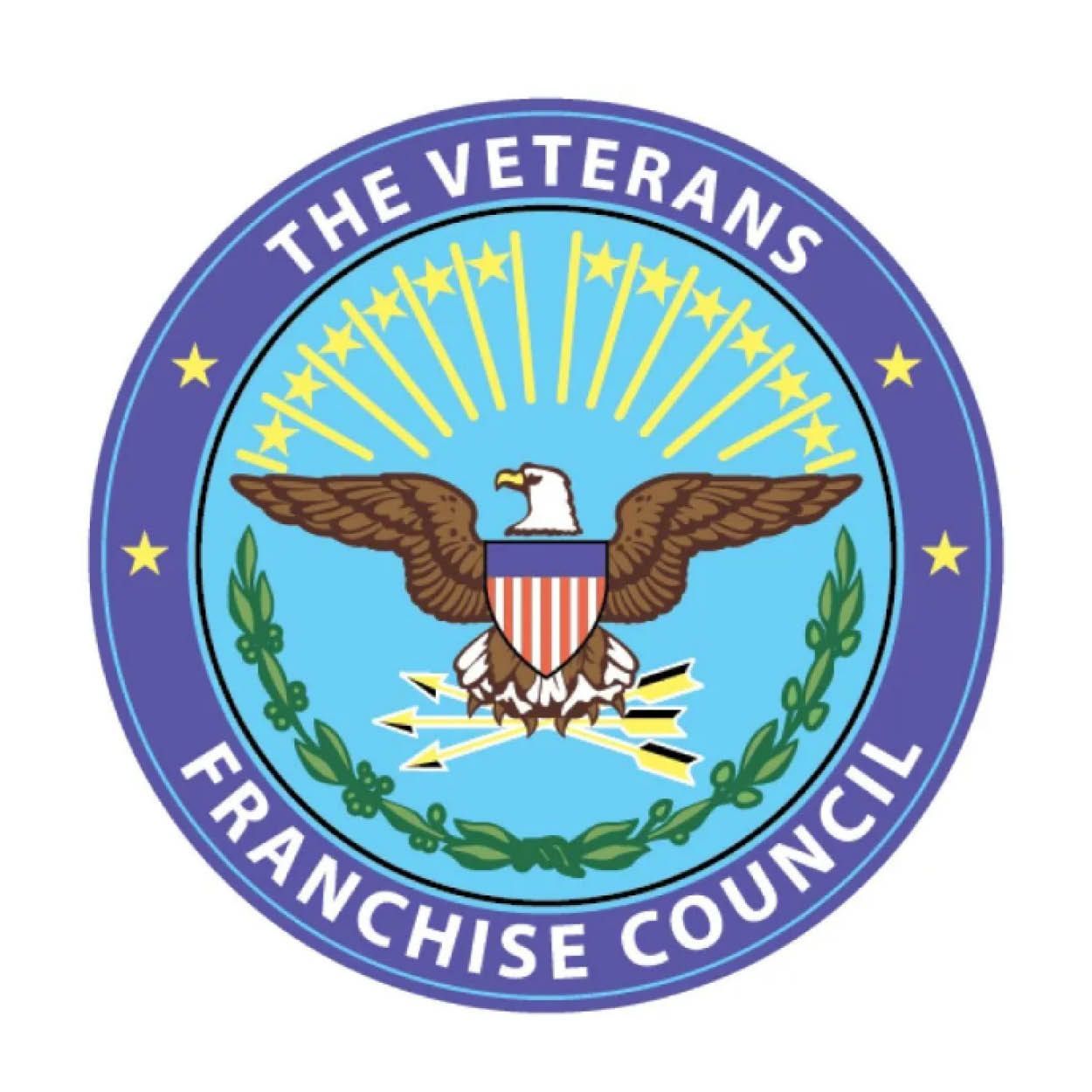


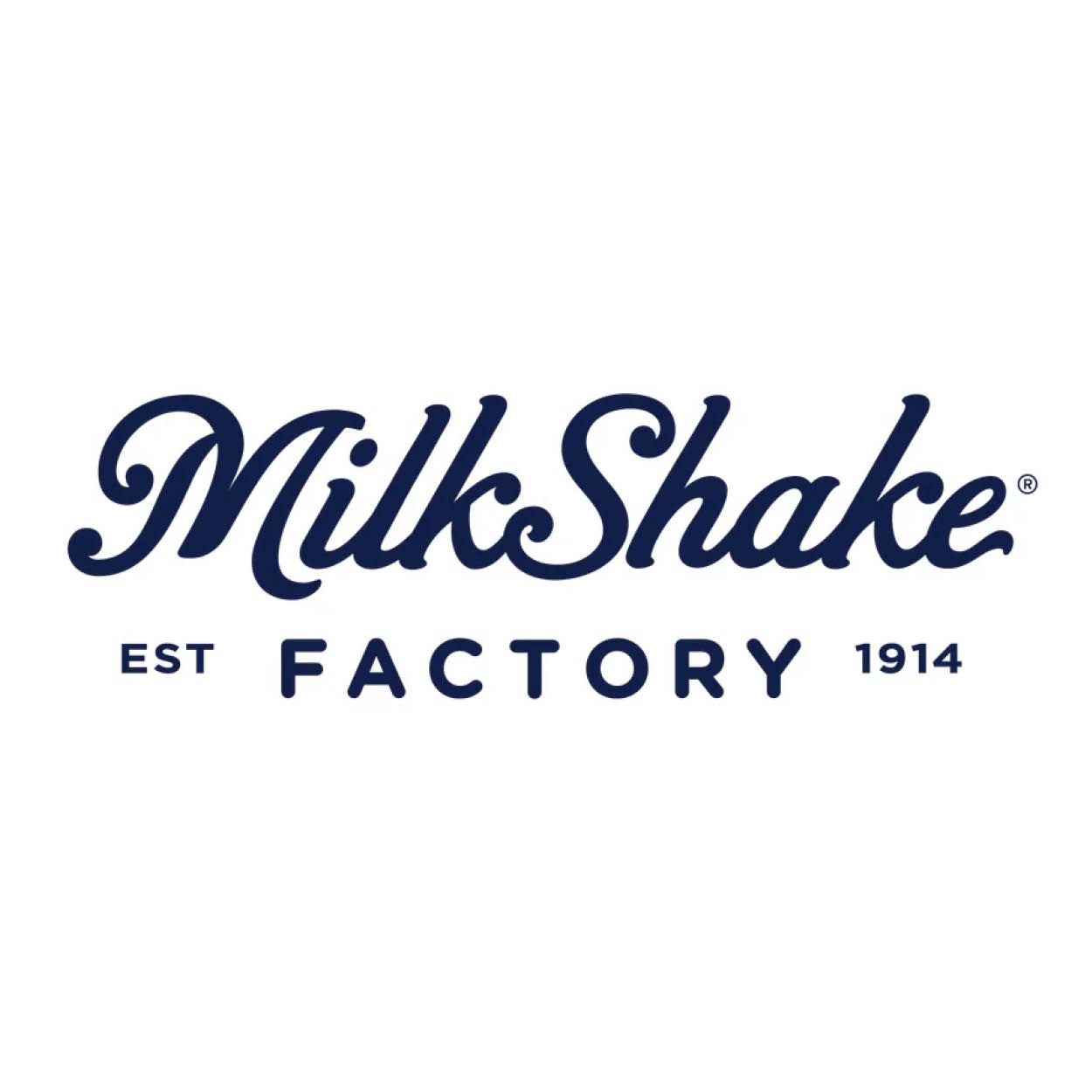

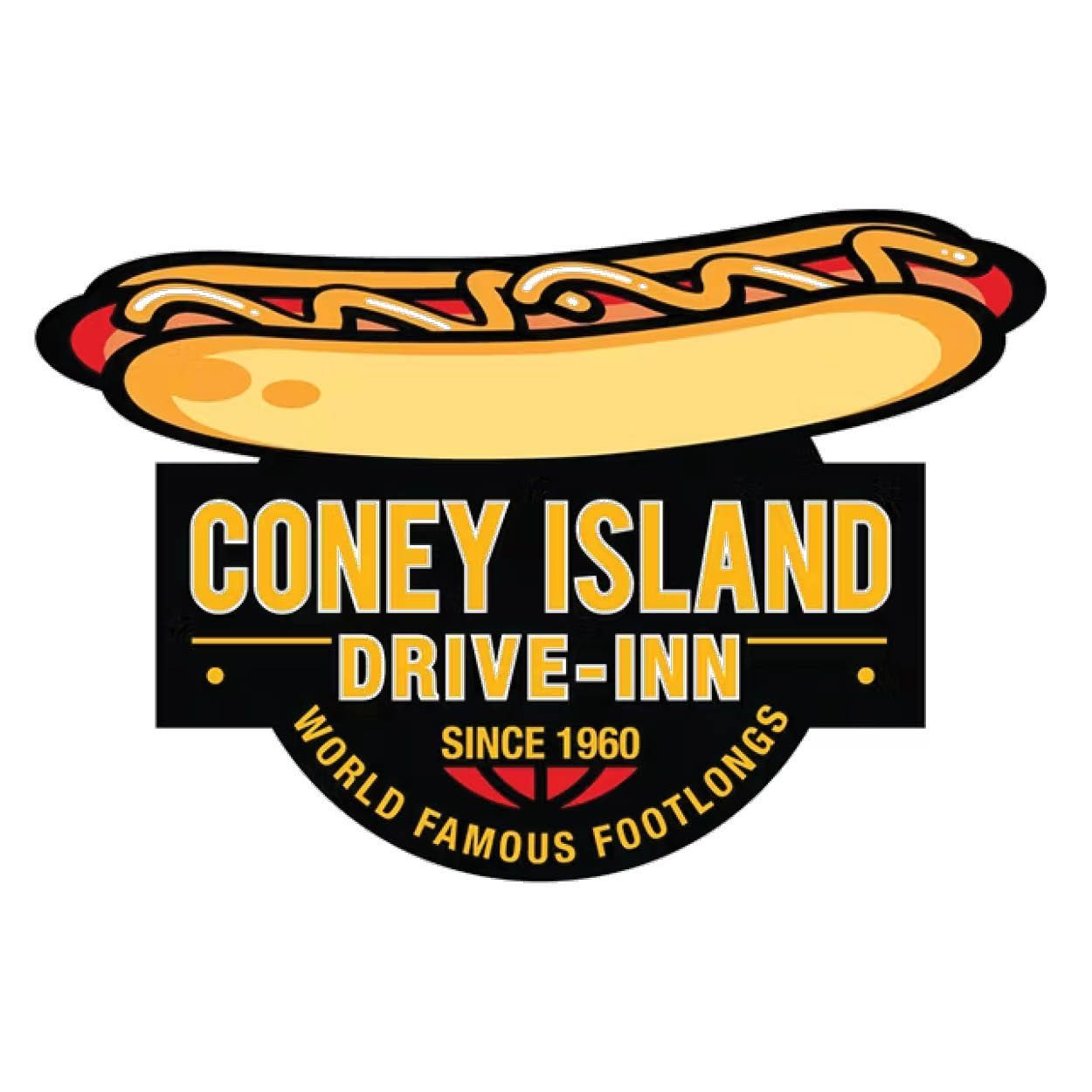
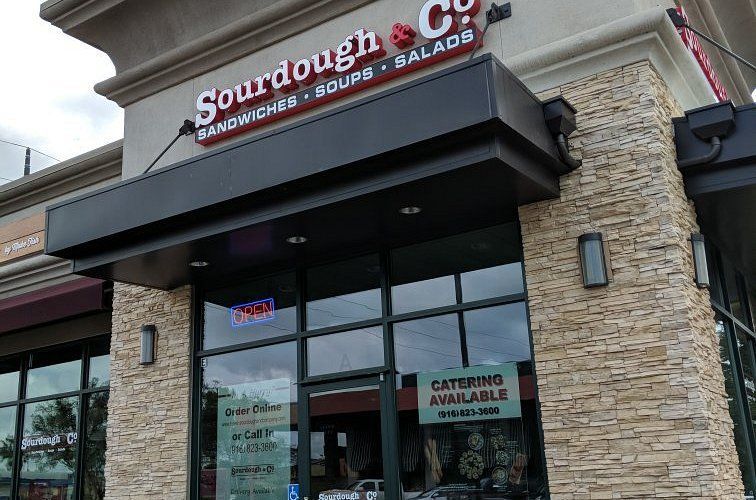
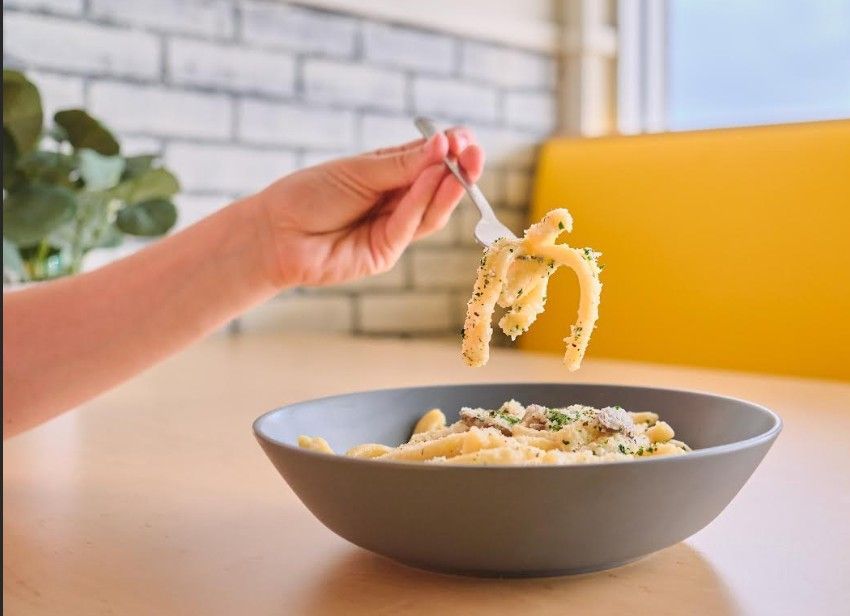
SIGN UP FOR THE FRANCHISE JOURNAL NEWSLETTER
FJ Subscribe
Thank you for subscribing to The Franchise Journal.
Please try again later.



